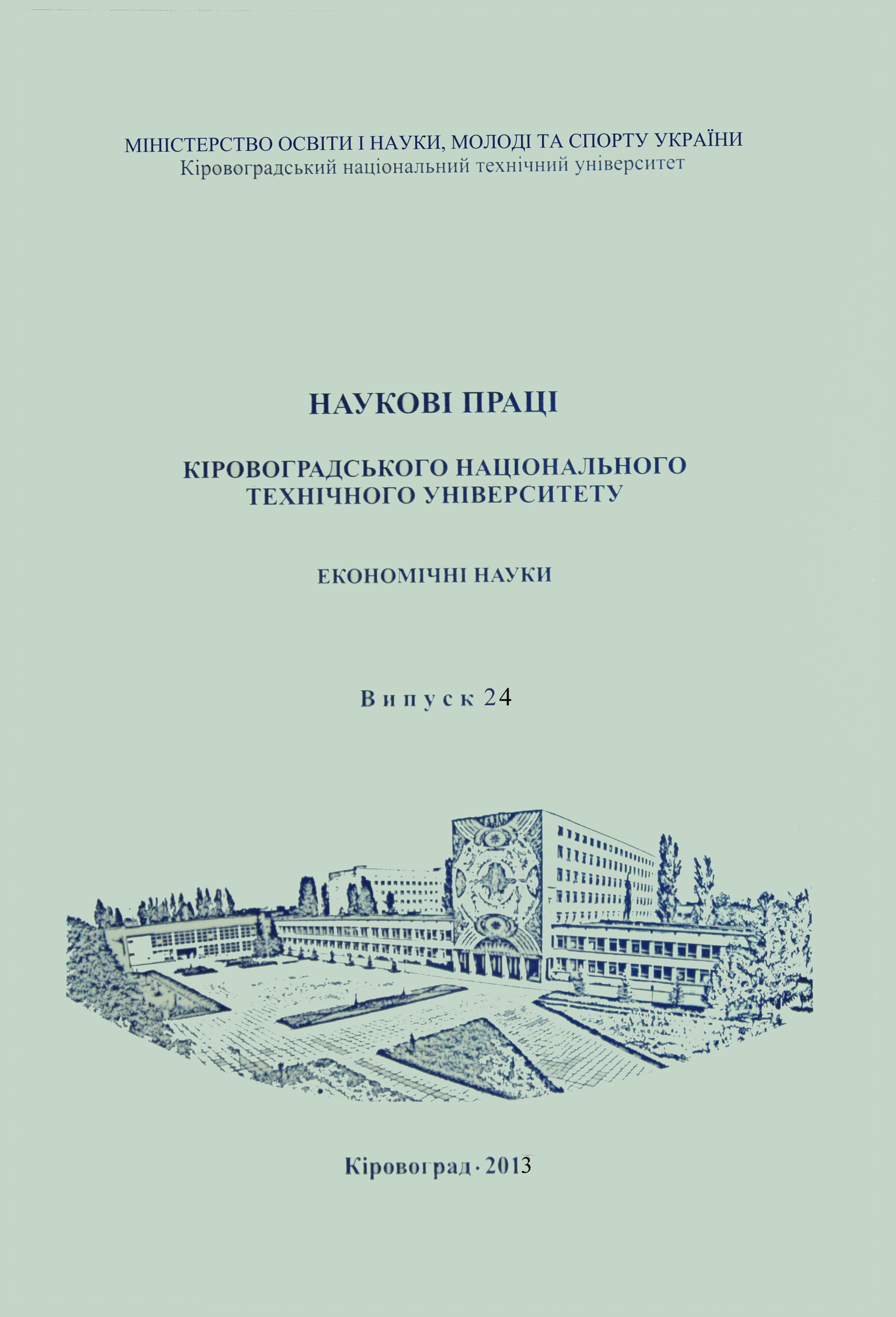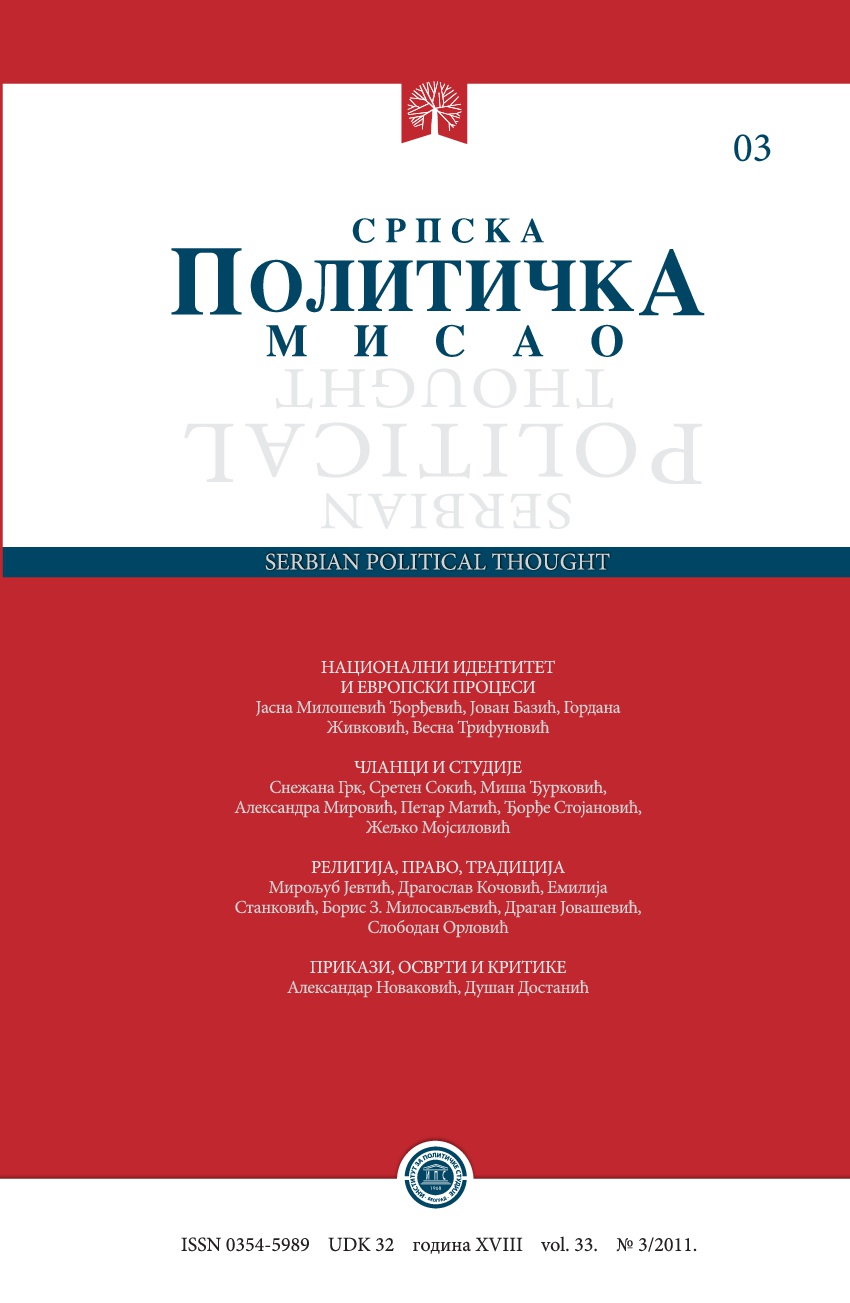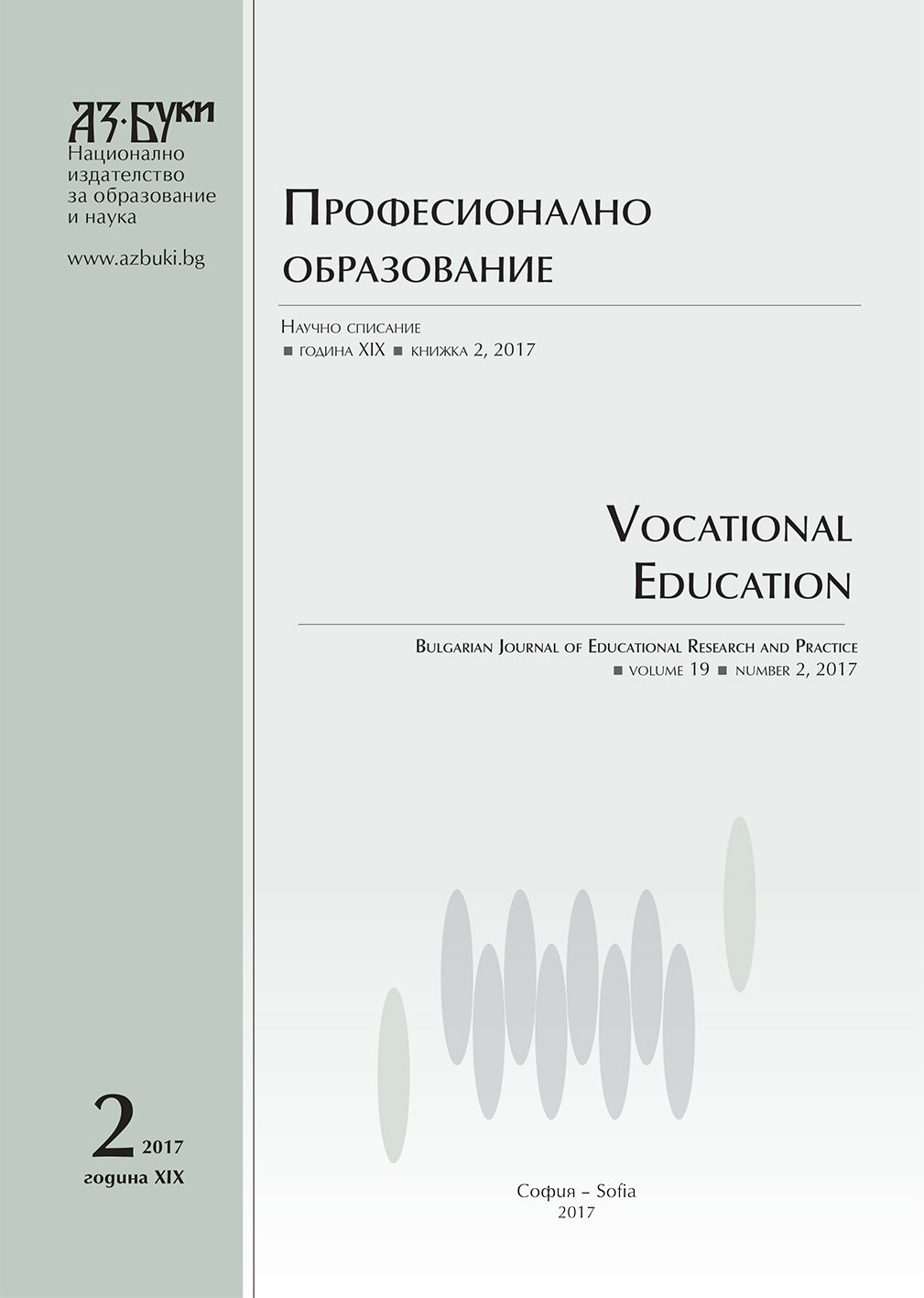
Моніторинг як складова управління різними сферами практичної діяльності
The main objective of article is to formulate own definition of «monitoring» and to determine objects and areas of application monitoring. In the article the concept to the definition of the term "monitoring", depending on the approach used (control function or method of control). Own definition the concept of "monitoring of investment portfolio" was formulated, which takes into account the different approaches. We held a classification of monitoring by various parameters: objects of analysis, orientation to a particular user, reason for monitoring. The article deals with identifies the main objects and areas of application monitoring,. A separate area of application monitoring was allocated - finance.We have provided their own definition of «monitoring of investment portfolio». A separate area classification parameter of monitoring was allocated, the objects of analysis.
More...


